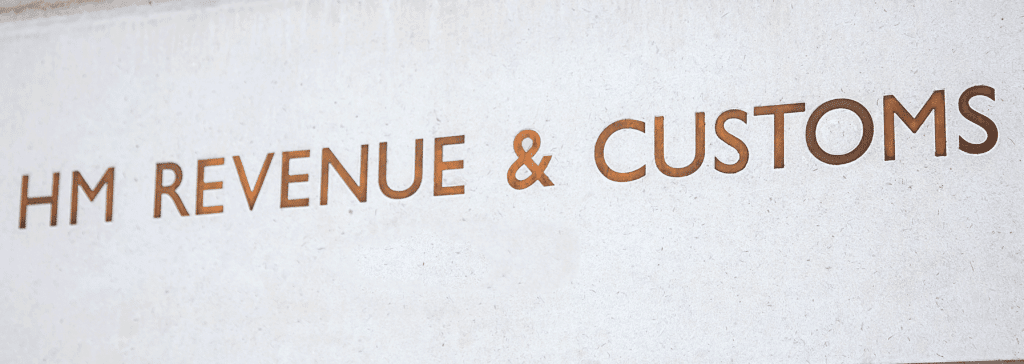Advance loans in disguised remuneration schemes break tax rules, the revenue is warning
HMRC is warning that some disguised remuneration schemes used by umbrella companies to avoid income tax and National Insurance contributions (NICs) by using loan advances contravene tax rules.
Under the arrangements, a contractor becomes an employee of an umbrella company or a connected entity, such as an offshore company. The employee may sign a loan or capital advance agreement and a joint (or mutual) share ownership agreement, confirming how their salaries are to be paid, by the employer company.
The employee is paid through two separate payments, on a weekly or monthly basis. The first payment represents a nominal salary, resulting in payment of little or no income tax and NICs. The second payment may involve ‘capital advances’, paid in the form of weekly or monthly loans.
The employer company then carries out various share transactions, involving an offshore joint (or mutual) share ownership trust. These are said to result in financial gains for the employee. The shares may also attract a dividend for the employee.
The employee has no direct involvement in the share transactions but receives monthly or yearly summaries that show their outstanding loans have been repaid as a result of the capital gains and dividends.

In the latest avoidance spotlight 53, HMRC says that through this process, these schemes attempt to disguise an employee’s earnings, which would ordinarily be subject to income tax and NICs. By using capital gains or dividends that attract other tax reliefs, the employer company attempts to avoid its tax liabilities as well.
It warns that these types of schemes are never approved by HMRC and employers and employees are likely to end up paying additional tax and interest and may be subject to penalties.
HMRC makes clear it will challenge these or similar arrangements. For transactions that took place after 16 July 2013, HMRC will consider whether the general anti-abuse rule (GAAR) applies.
Transactions after 14 September 2016, where the GAAR applies, are subject to a 60% GAAR penalty.
Individuals may also be charged a penalty for an inaccurate tax return. For transactions after 16 November 2017, they may be charged a penalty because of carelessness, unless they can show they took reasonable care when submitting their tax return.
HMRC also says recent decisions confirm its view that contrived arrangements involving employment income related loans are notifiable under the disclosure of tax avoidance schemes (DOTAS) legislation.
Scheme promoters should carefully consider the DOTAS rules to decide if the arrangements they are marketing should be disclosed to HMRC.






Leave a Reply